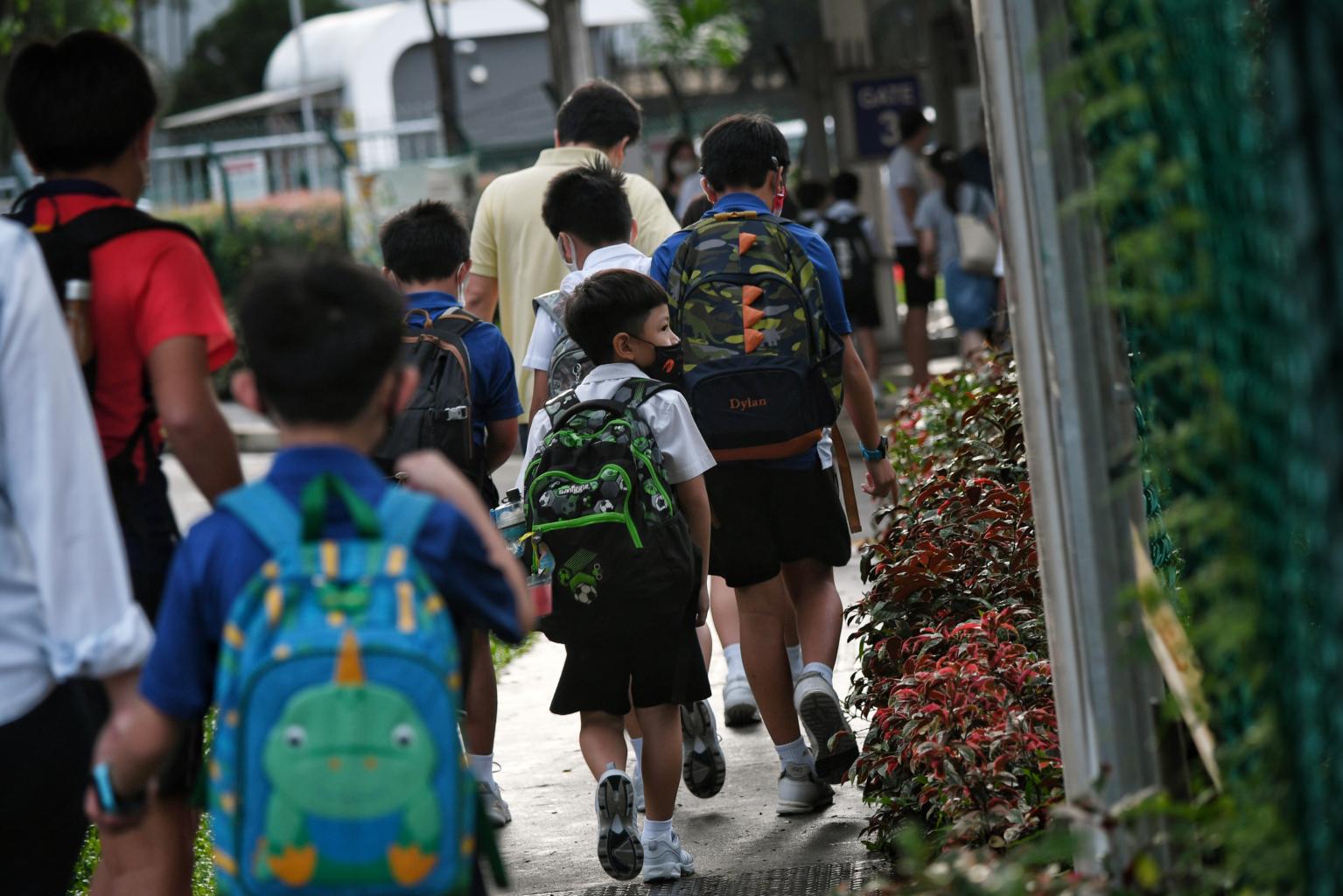S'pore must not use narrow yardsticks to measure success: Chan Chun Sing
Sign up now: Get ST's newsletters delivered to your inbox

Different people have different talents, and the education system here recognises this, said Minister Chan.
PHOTO: ST FILE
SINGAPORE - Singapore’s education system needs to continue moving towards measuring success in more diverse ways, and away from using narrow yardsticks to do so, said Education Minister Chan Chun Sing
It should also be one that focuses on allowing students to do well enough that they surpass themselves, rather than focusing on outperforming others, he added.
Different people have different talents, and the education system here recognises this, said Mr Chan in an interview with Berita Harian last week (Dec 15).
"We must not just have one narrow yardstick to try to measure everyone. In fact, one of the things that we are constantly doing is to encourage our society to broaden the definition of meritocracy," he said.
Individual fields should stay meritocratic, said Mr Chan, referring to how people should work hard to attain success within these fields.
But there is no one path to success, and the minister stressed that a meritocratic system cannot be narrowly confined to a few jobs.
"Whether you're singing, you're cooking or you're doing engineering - all these are different skills. All these are diverse skills and they are all required for the resilience of our country," said Mr Chan.
"So we must make sure that we have a system to help our students, including our Malay students, to understand their potential and not just chase a very narrow definition in terms of what we deem as successful."
Mr Chan, who became Education Minister in May, also underscored how parents and educators have to encourage children to outdo their own personal bests rather than try to one-up someone else.
Trying to surpass oneself is even more challenging than trying to get ahead of others, he said. Even if one manages to do so, the question remains if that is the best that one has done for oneself.
"Life is a long journey where we constantly want to improve ourselves, regardless of whether other people are competing with us. I think that's a very important cultural issue," he said.
Asked how well Malay students are faring compared with students of other races, Mr Chan said that they have done well.
Census data released earlier this year showed that more Malays have attained post-secondary or higher qualifications across all age groups, especially among younger Malays.
The community was also among the most improved in terms of pre-secondary qualifications among those aged 25 and older.
But Malays lag behind when it comes to getting a degree. While 34.7 per cent of Chinese and 41.3 per cent of Indians aged 25 and older in 2020 were university graduates, only 10.8 per cent of Malays were.
Everyone is "running very fast" in terms of education, but the Government wants every Singaporean student, regardless of race, to run pretty much at the same pace, Mr Chan said.
Compared with their peers in the region and globally, Malay students here have done "tremendously well", he said.
Malay-Muslim students here outperformed their peers from around the world in mathematics in the latest Programme for International Student Assessment test, done in 2018. The test is conducted by the Organisation for Economic Cooperation and Development once every three years.
"We have many things that we are proud of. But of course... we all want to do better, faster than yesterday. So this is something that we have to continuously work on as well," he said.


